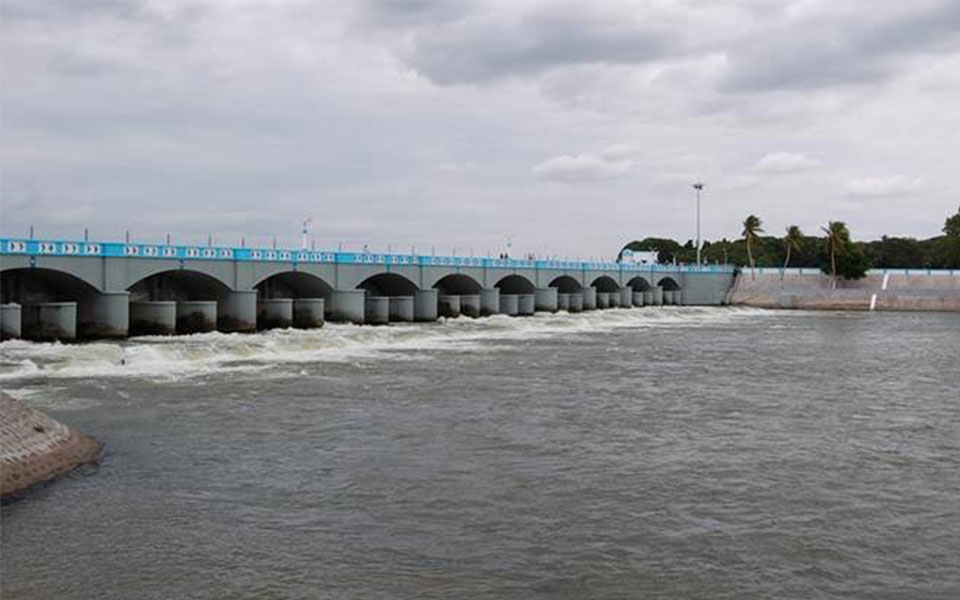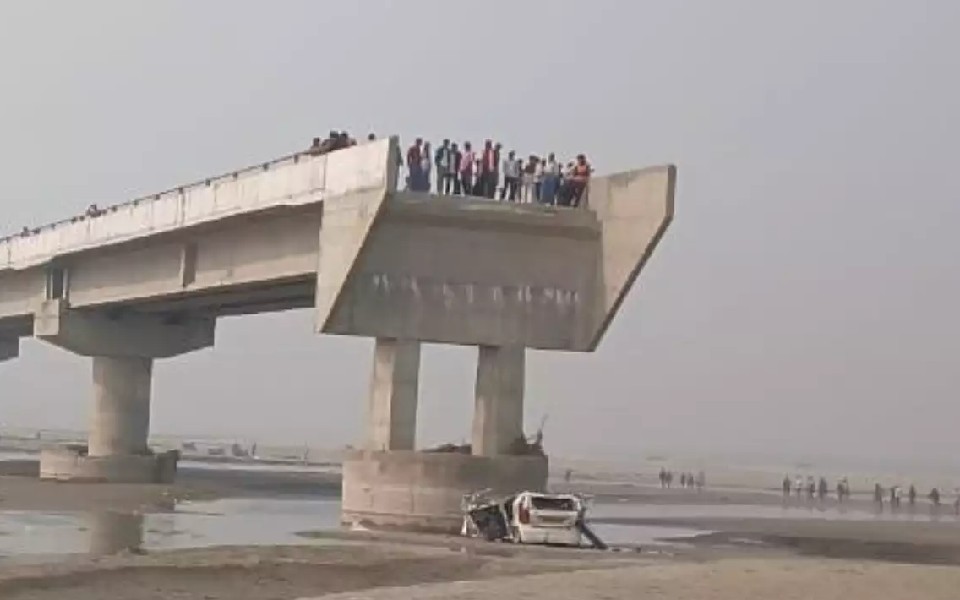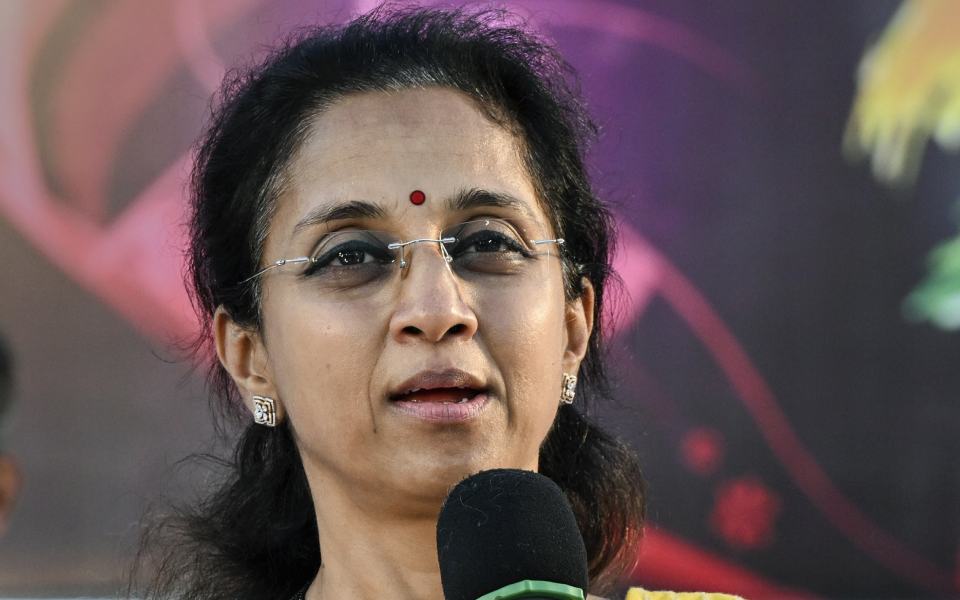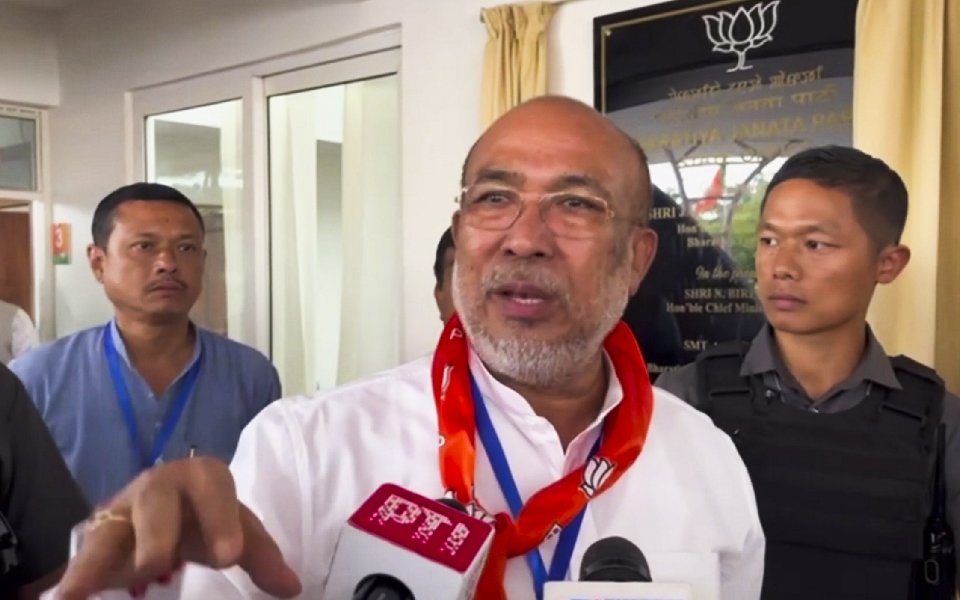New Delhi, May 17: The Supreme Court on Thursday reserved its order on the Central government's draft Cauvery management scheme, saying it would pass the order after examining whether the scheme was in consonance with its earlier judgment.
A bench of Chief Justice Dipak Misra, Justice A.M. Khanwilkar and Justice D.Y. Chandrachud said it would issue the order on Friday at 2 p.m. If not on Friday, the order would be passed on May 22 or 23, it said.
Karnataka had raised objections to the draft scheme, saying it was not in "consonance" with the Supreme Court judgment.
The top court on Wednesday asked the central government to modify its draft scheme for setting up of a Cauvery Management Board (CMB) that will be the sole authority for implementing the Cauvery Water Tribunal Award.
It also sought dropping of the clause which said that in case of a dispute, the matter would be decided by the Centre and it would be final and binding.
The Centre was also asked to drop the clause that said that the Centre would give directions from time to time to the implementing authority -- a clause objected to by Tamil Nadu.
The 2007 Cauvery Water Tribunal Award was modified and reaffirmed by the top court by its February 16 verdict.
The court said the Central government would only be issuing administrative directions for implementing the award.
The CMB would be headquartered in Delhi while the office of the regulatory authority would be in Bengaluru.
Let the Truth be known. If you read VB and like VB, please be a VB Supporter and Help us deliver the Truth to one and all.
Bareilly (UP), Nov 24: Three people died when their car fell into the Ramganga river from a partially constructed bridge here on Sunday, police said, adding that they suspect the driver was misled by its navigation system into taking the unsafe route.
The accident occurred around 10 am on the Khalpur-Dataganj road when the victims were travelling from Bareilly to Dataganj in the Badaun district, they said.
"Earlier this year, floods had caused the front portion of the bridge to collapse into the river, but this change had not been updated in the system," Circle Officer Ashutosh Shivam said.
The driver was using a navigation system and did not realise that the bridge was unsafe, driving the car off the damaged section, the police said.
There were no safety barriers or warning signs on the approach to the damaged bridge, leading to the fatal accident, Shivam said.
Upon receiving information, police teams from Faridpur, Bareilly and Dataganj police station rushed to the spot. They recovered the vehicle and the bodies from the river, Shivam added.
The circle officer said that bodies had been sent for post-mortem. Further investigation into the matter is underway.
— Bareilly Police (@bareillypolice) November 24, 2024





